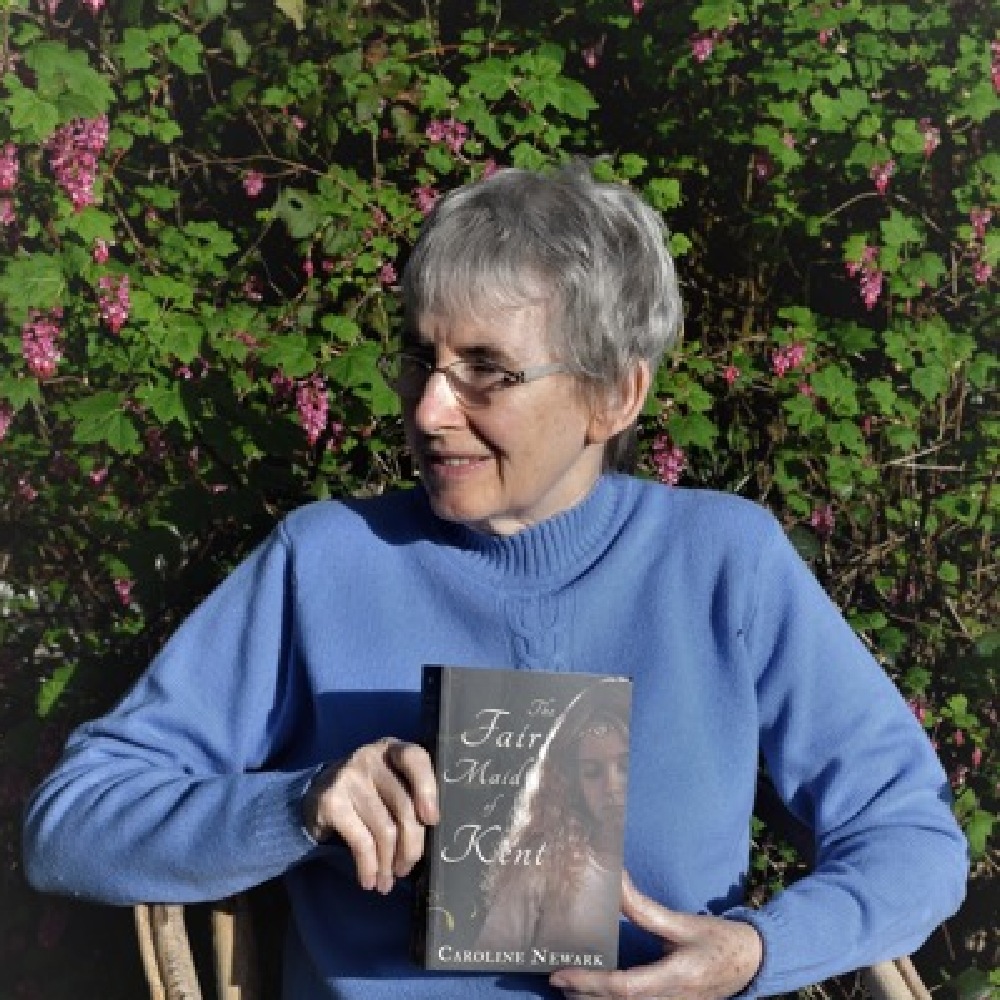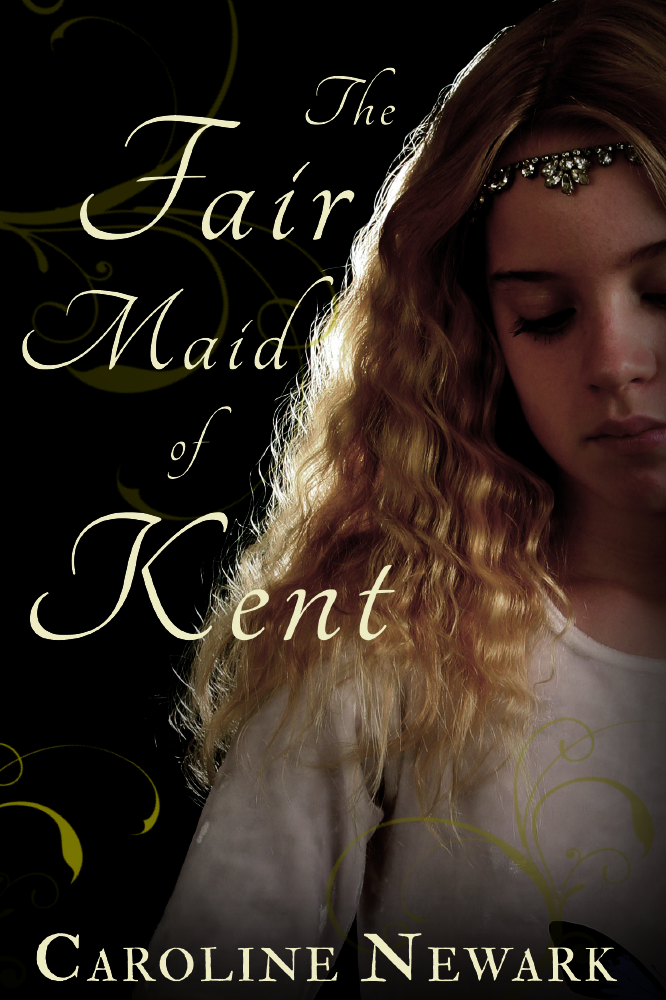Caroline Newark is a West Country writer whose book The Fair Maid of Kent tells the story of her seventeen times Great-Grandmother, Joan, who was royally born but lived a life full of secrets, scandal and sexual adventure. Here Caroline tells us how she discovered her ancestry and shares her tips for researching your own family history.

Caroline Newark
I was lucky. Seventy years ago in the days before the internet, my father researched my mother's family tree. He consulted birth records, death records, probate records, academic articles, parliamentary rolls, historical documents etc. My job was simply to check he had his facts right - which he did.
Here are some suggestions to make your own search more productive.
Talk to Aunty
Talk to your relatives - even the ones you don't like or the ones you haven't seen since that row in 1984. They will know things you don't. Family secrets are often spilled by old people who no longer feel bound by the need for discretion.
Use a Genealogy Company
Ancestry and Find My Past are the ones most often cited. They have the records and the contacts. They are not cheap but are worth it.
Trust no-one
Never believe other people's family trees. The internet is littered with incorrect information which people copy believing it to be true. No matter how many other people's trees tell you the same fact, just remember - they could all be wrong. So check.
Double-check
A single source of information such as a marriage certificate should always be backed up with a second source such as a census record - just to be certain.
Dark family secrets
Illegitimate children were often passed off as the child of their grandmother so be careful.
Two for the price of one
In the past it was not uncommon for two children in a family to be given the same name (eg two sisters both called Eleanor). Children would be named for a godparent or a benefactor or a grandparent.
Middle names
Middle names were often a mother's maiden name. Unusual middle names (particularly for boys) were often passed down from one generation to the next.
The end of the day
Wills and graves are both excellent sources of accurate information. Use Find a Grave (owned by Ancestry) or if you know the place, contact the church direct or go and have a look. Wills are public documents and can be purchased from https://probatesearch.service.gov.uk/#wills
Can't spell?
In the distant past there was no standard spelling. Names were routinely written in different ways. More recently clerks/transcribers or even clergymen might copy a name incorrectly, or census collectors might mishear or just guess how a name should be spelled.
Professional help
County Records offices usually have people who will do the digging for you if you live too far away to do it yourself. Again, an expense, but probably cheaper than the cost of rail fares and hotel bills.


